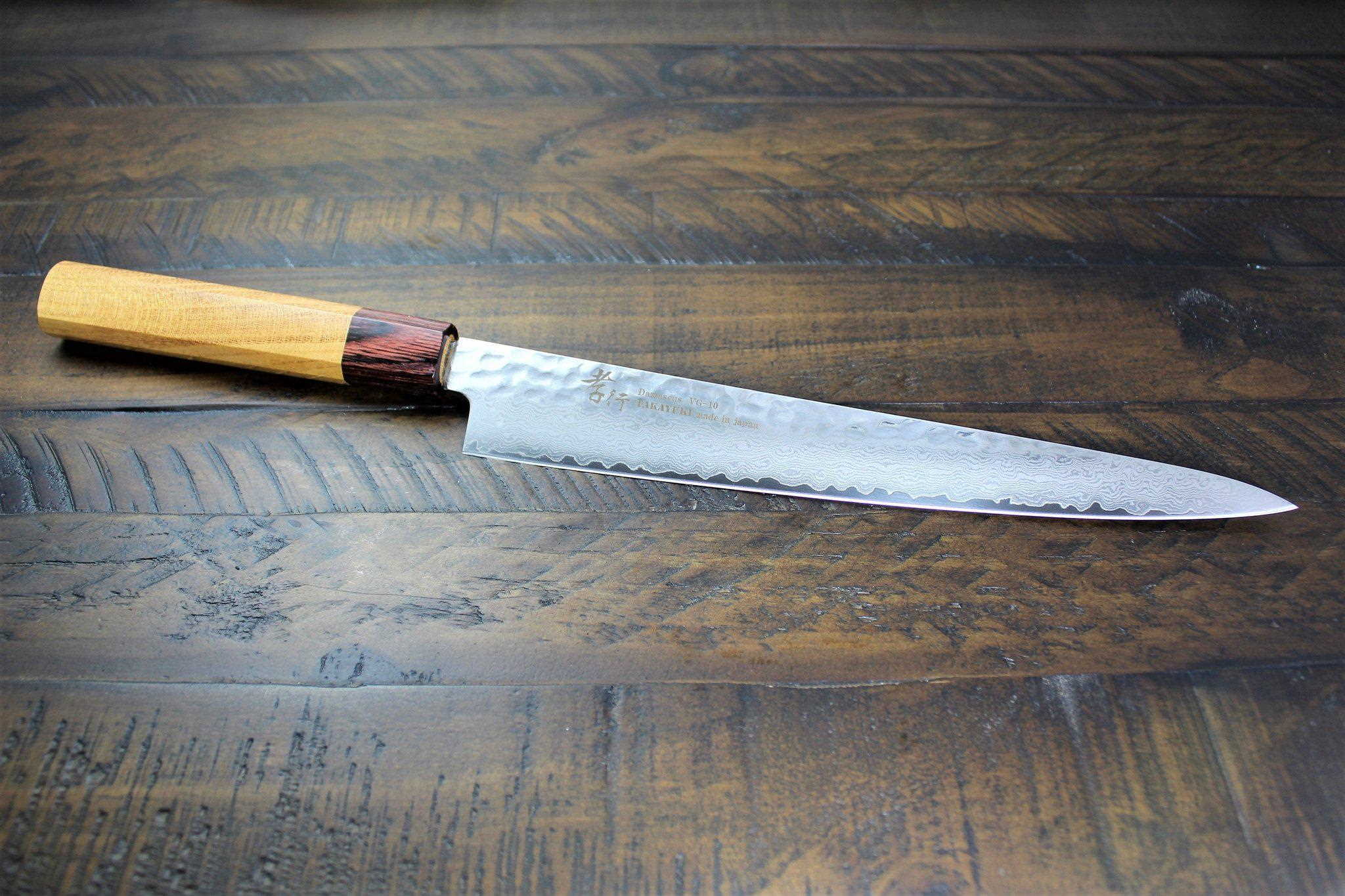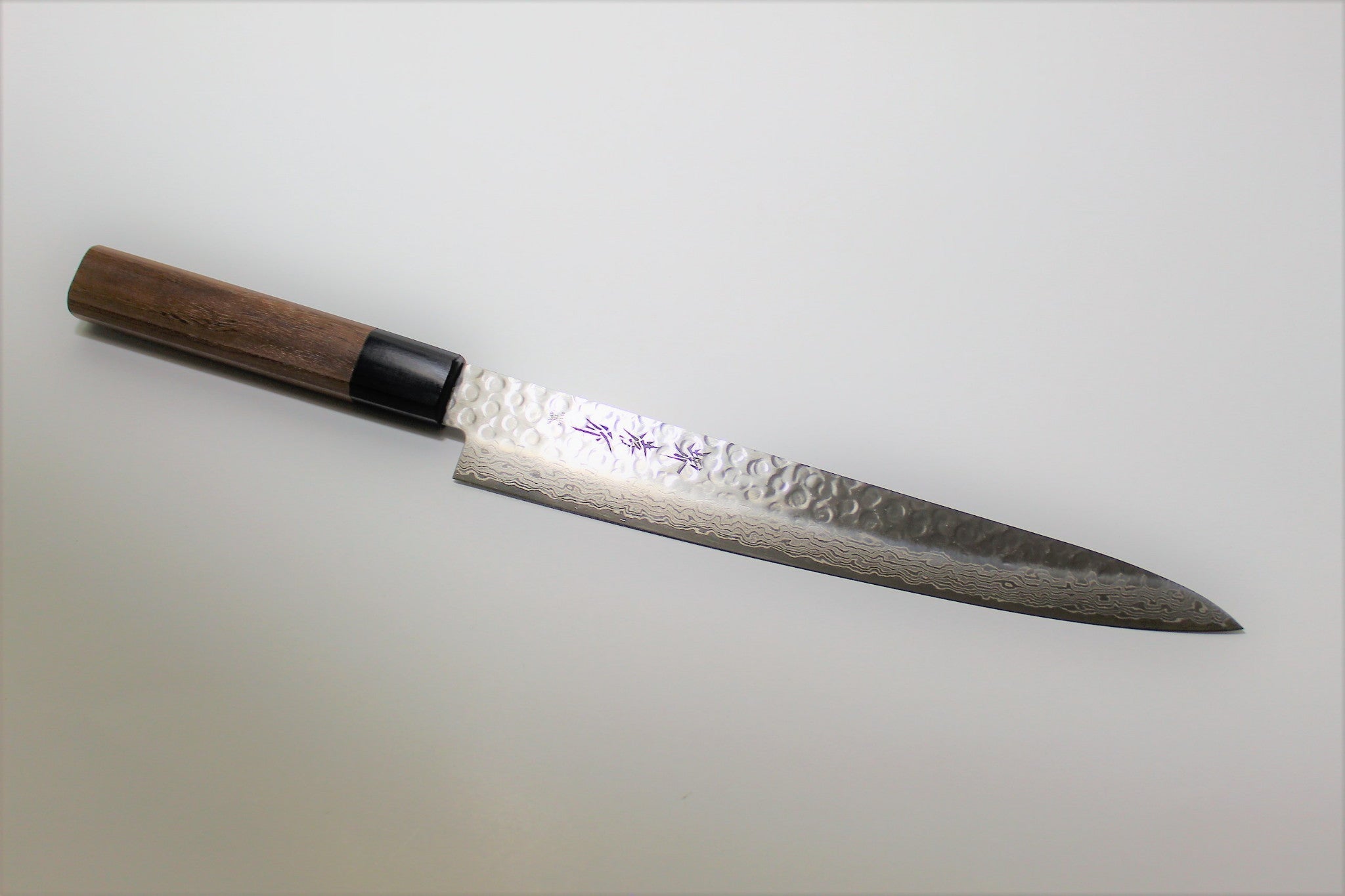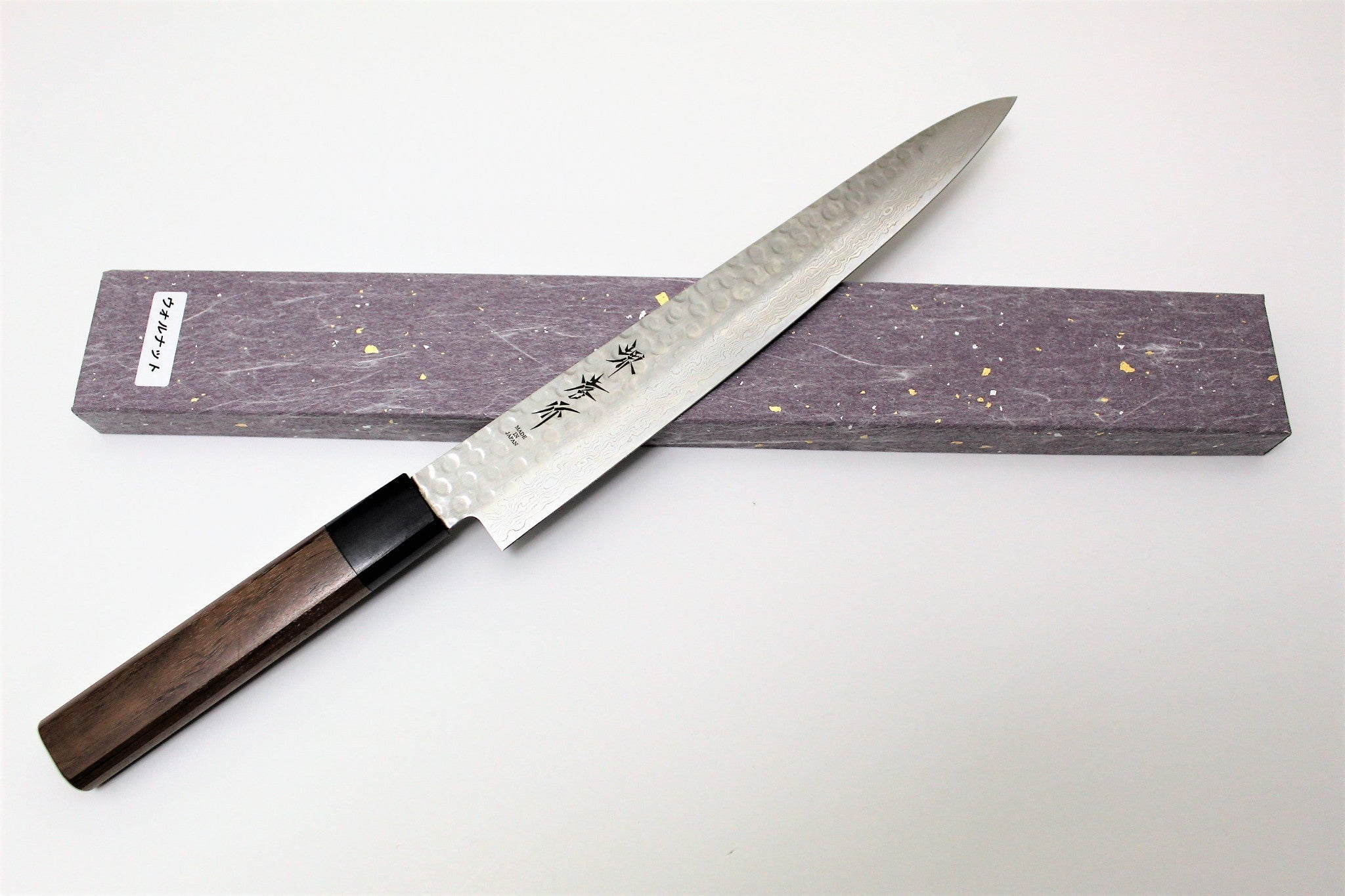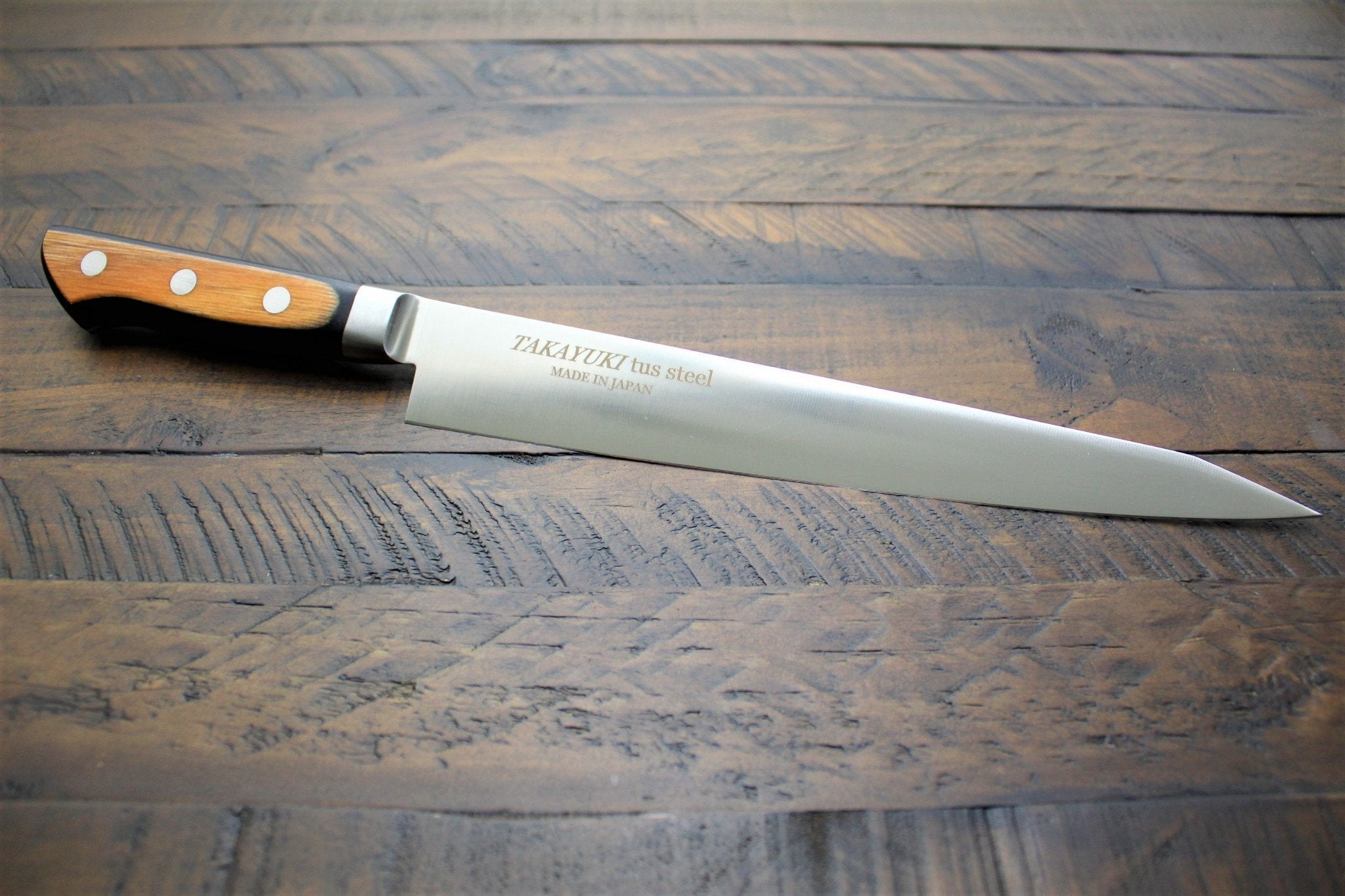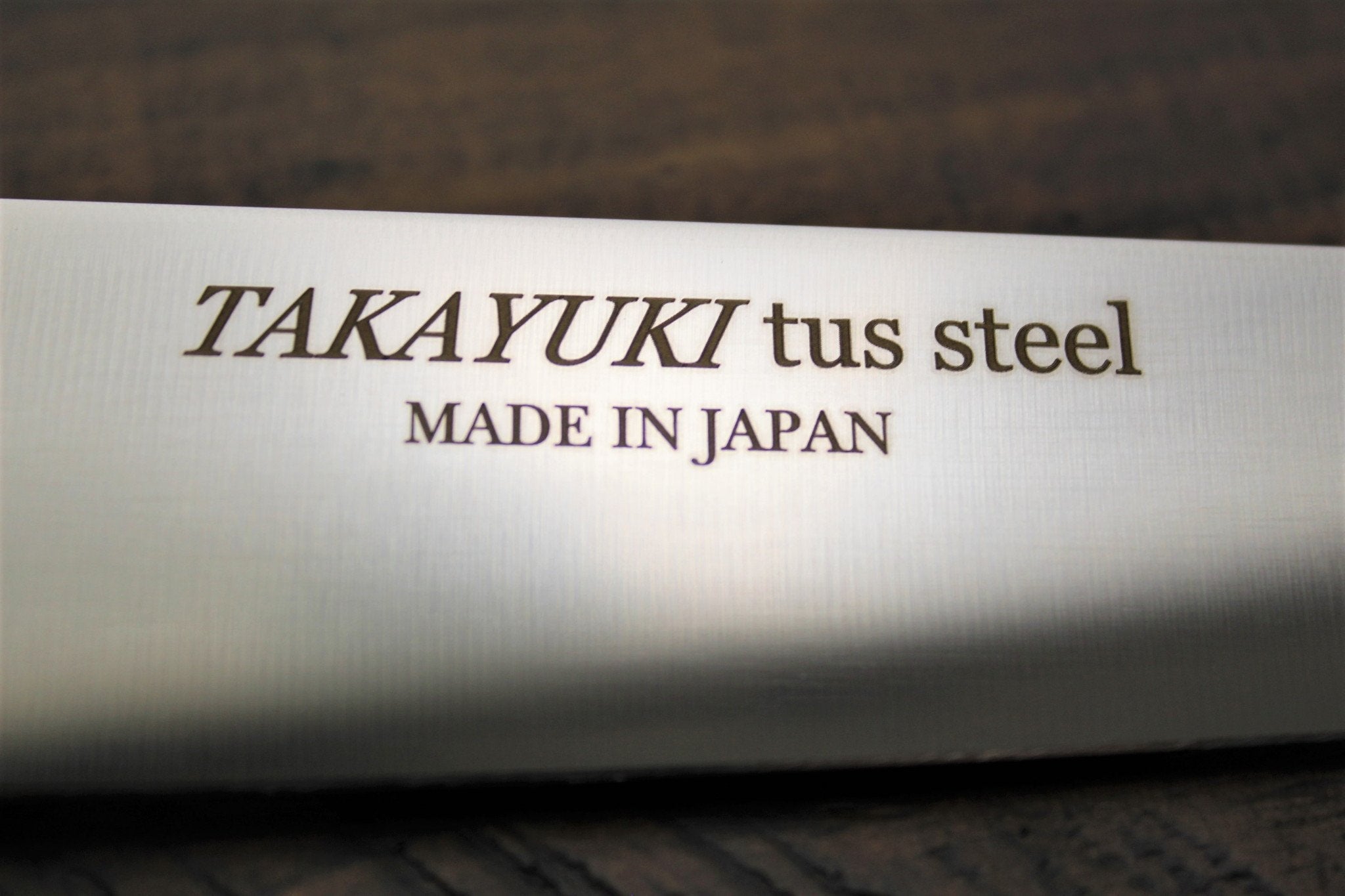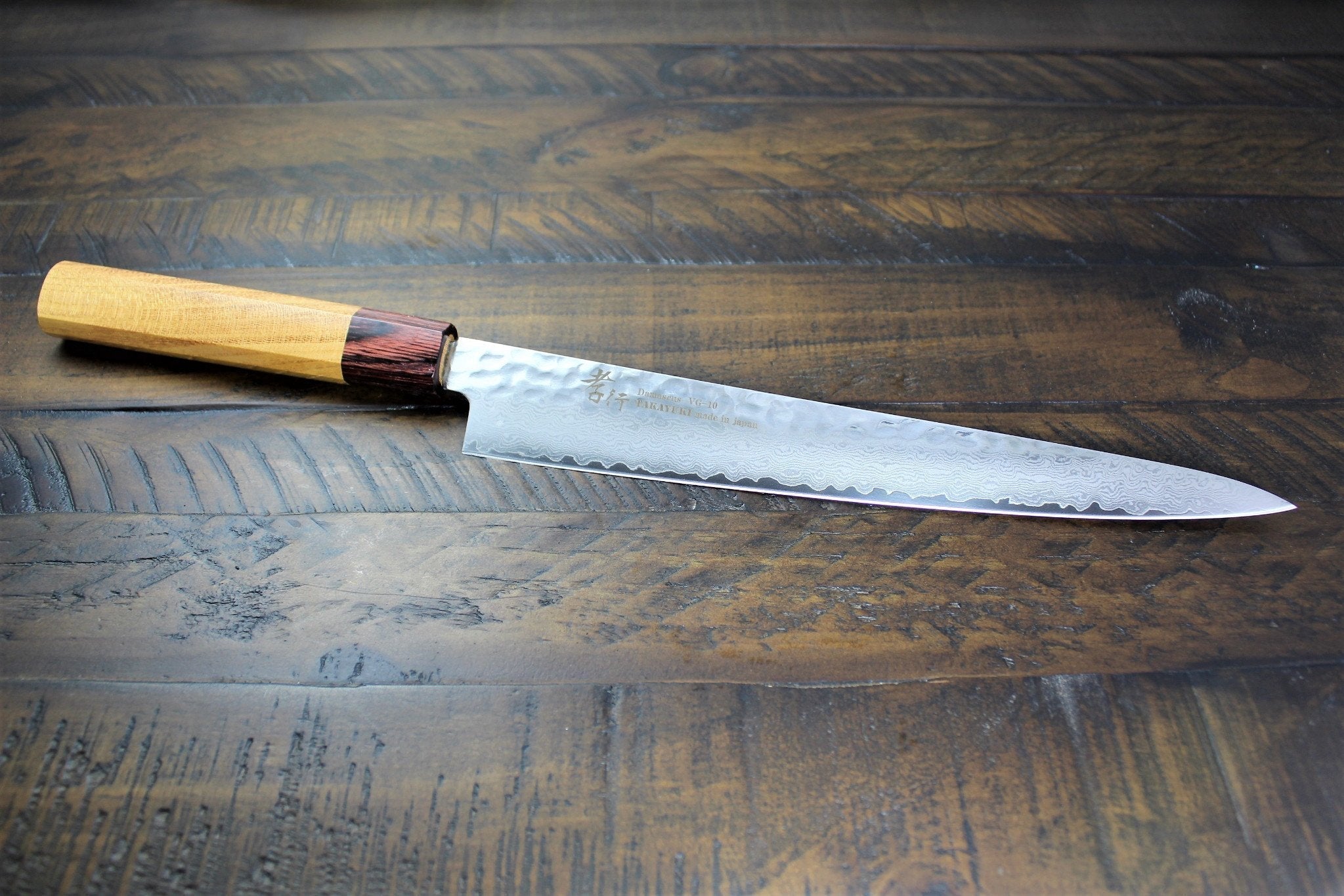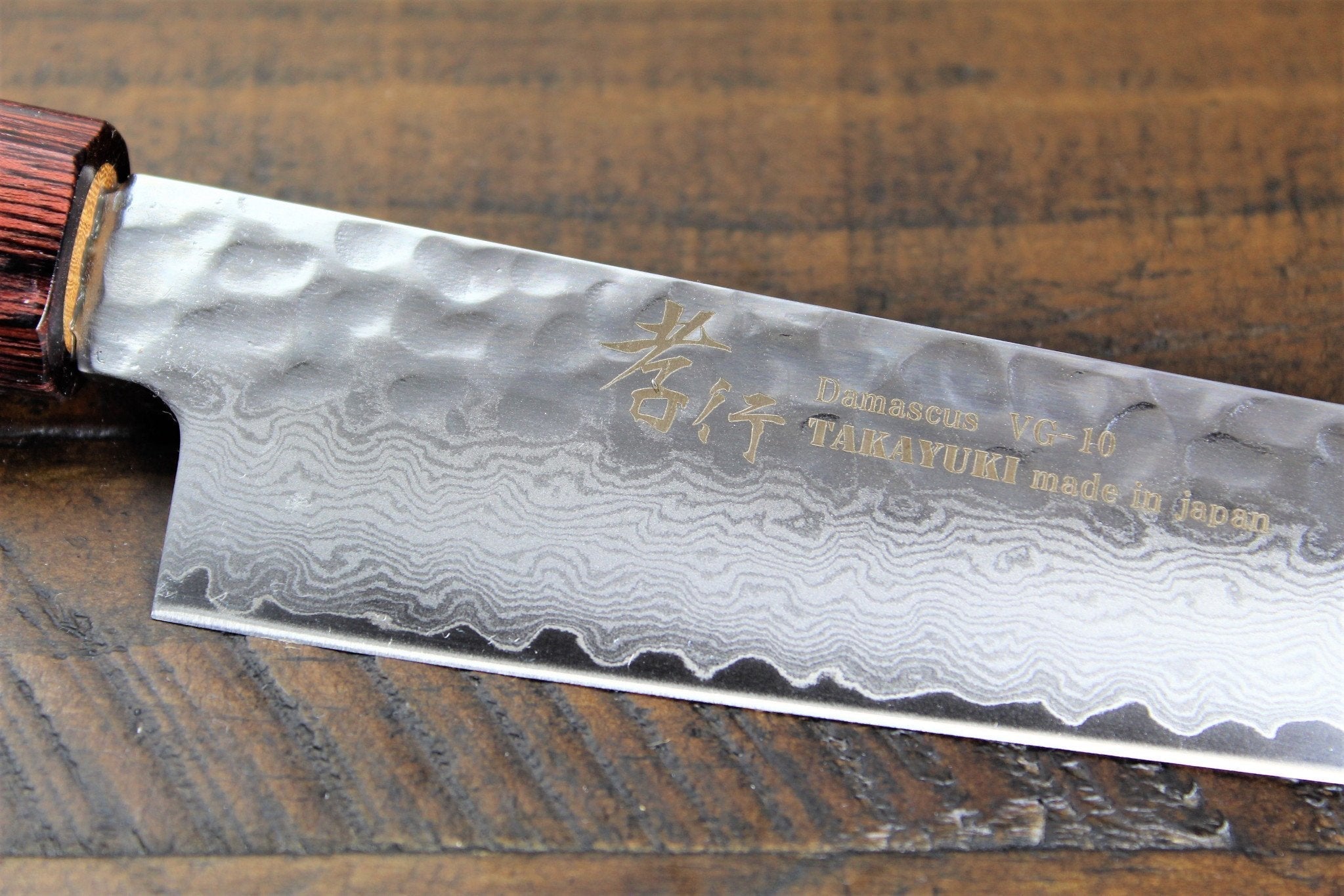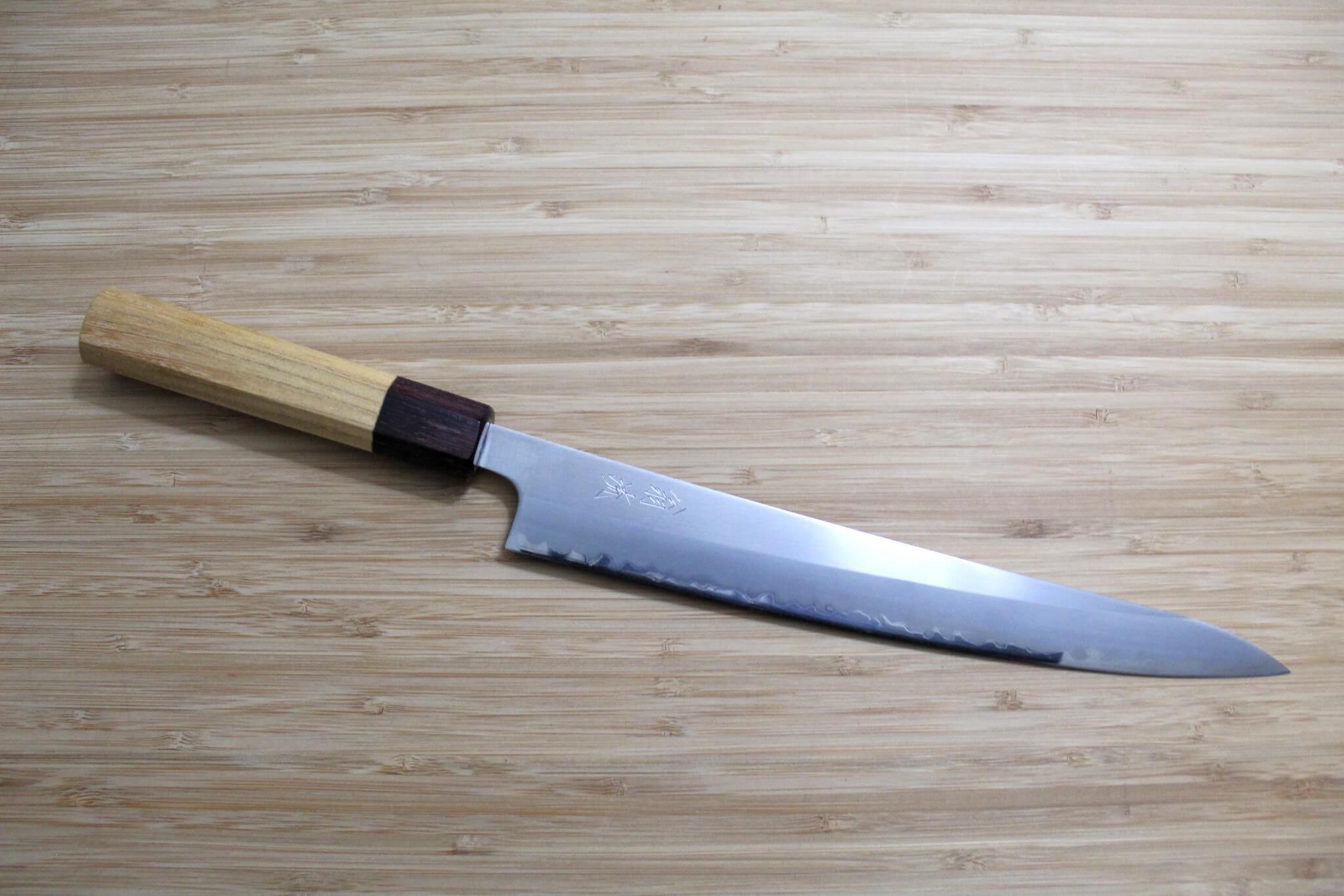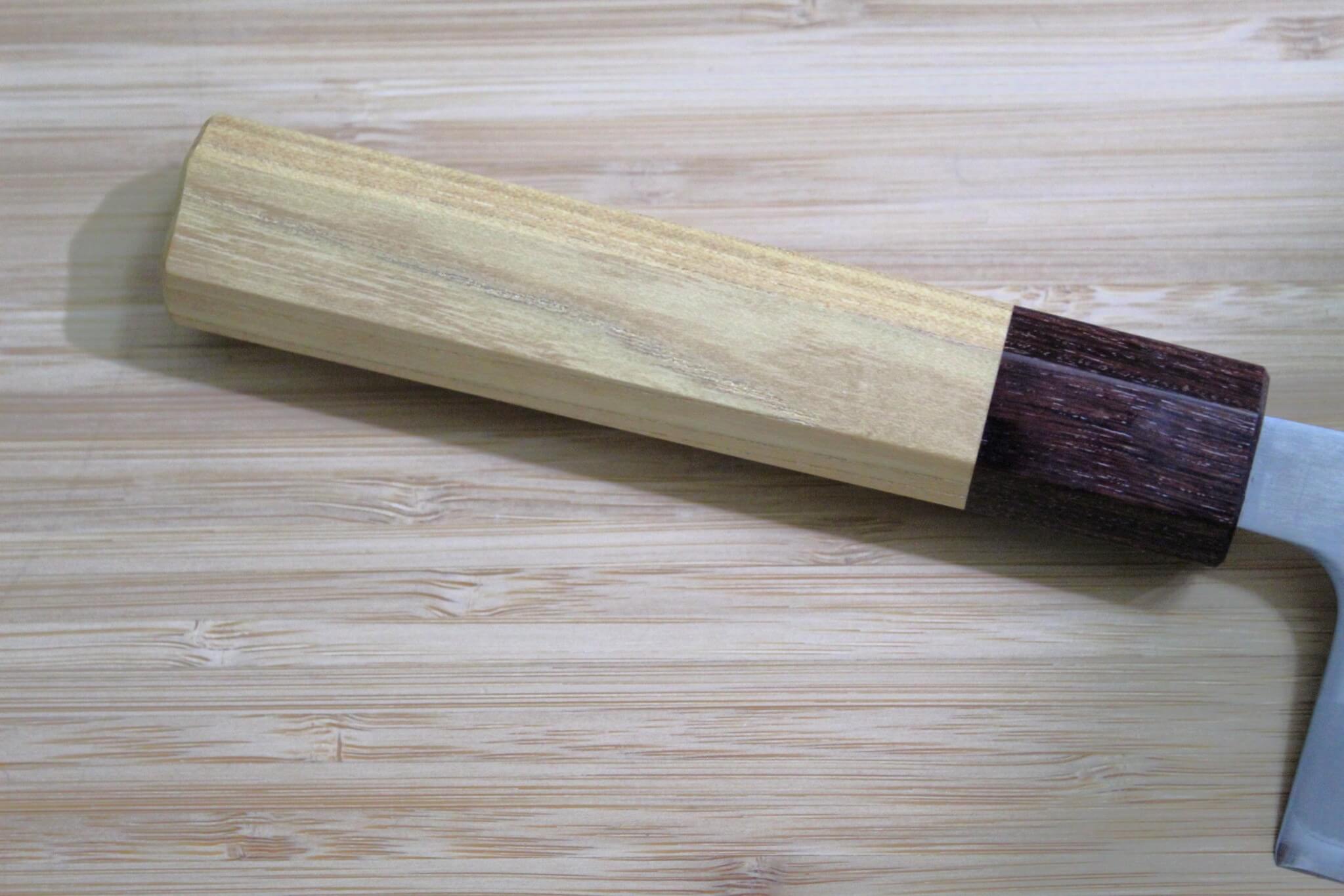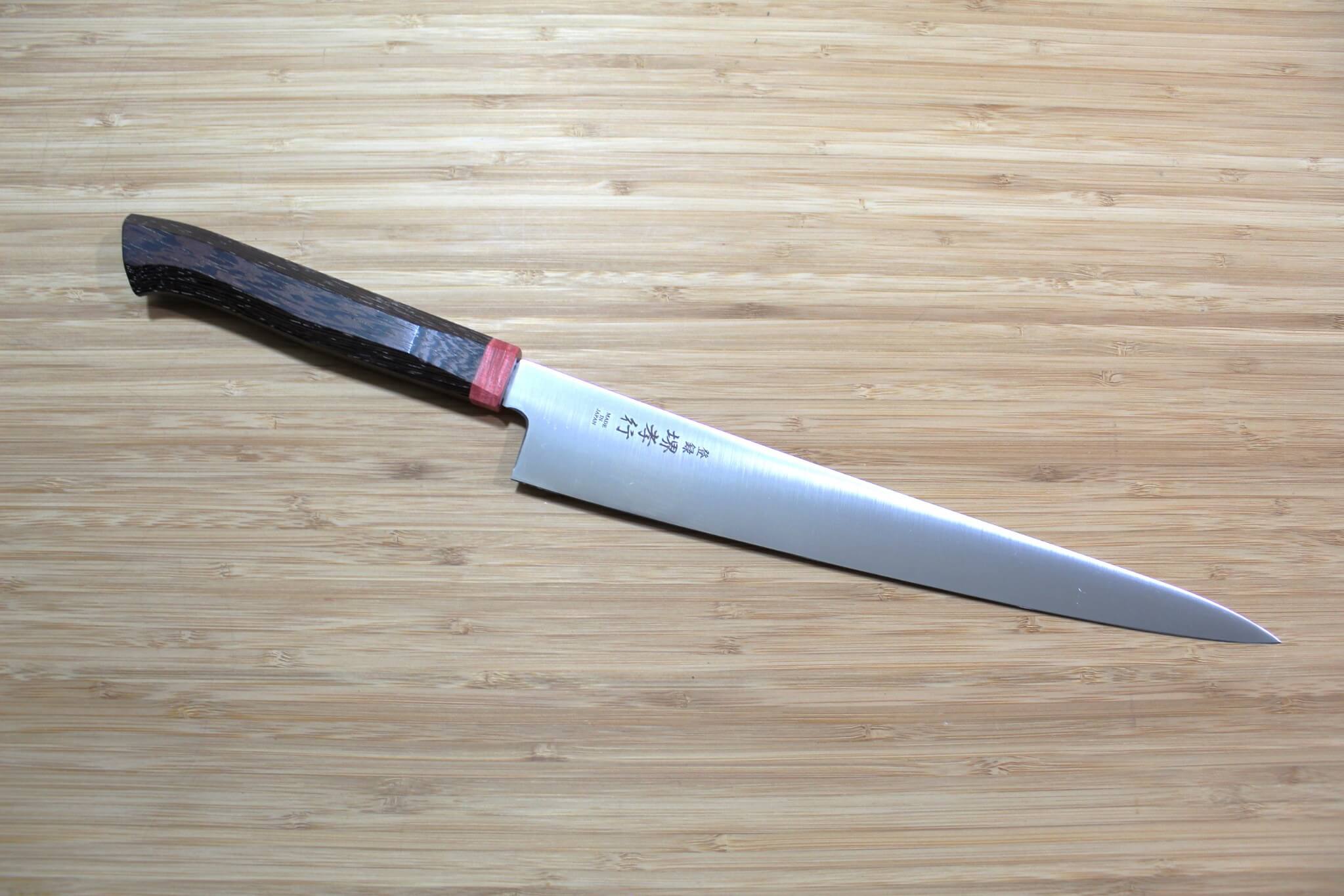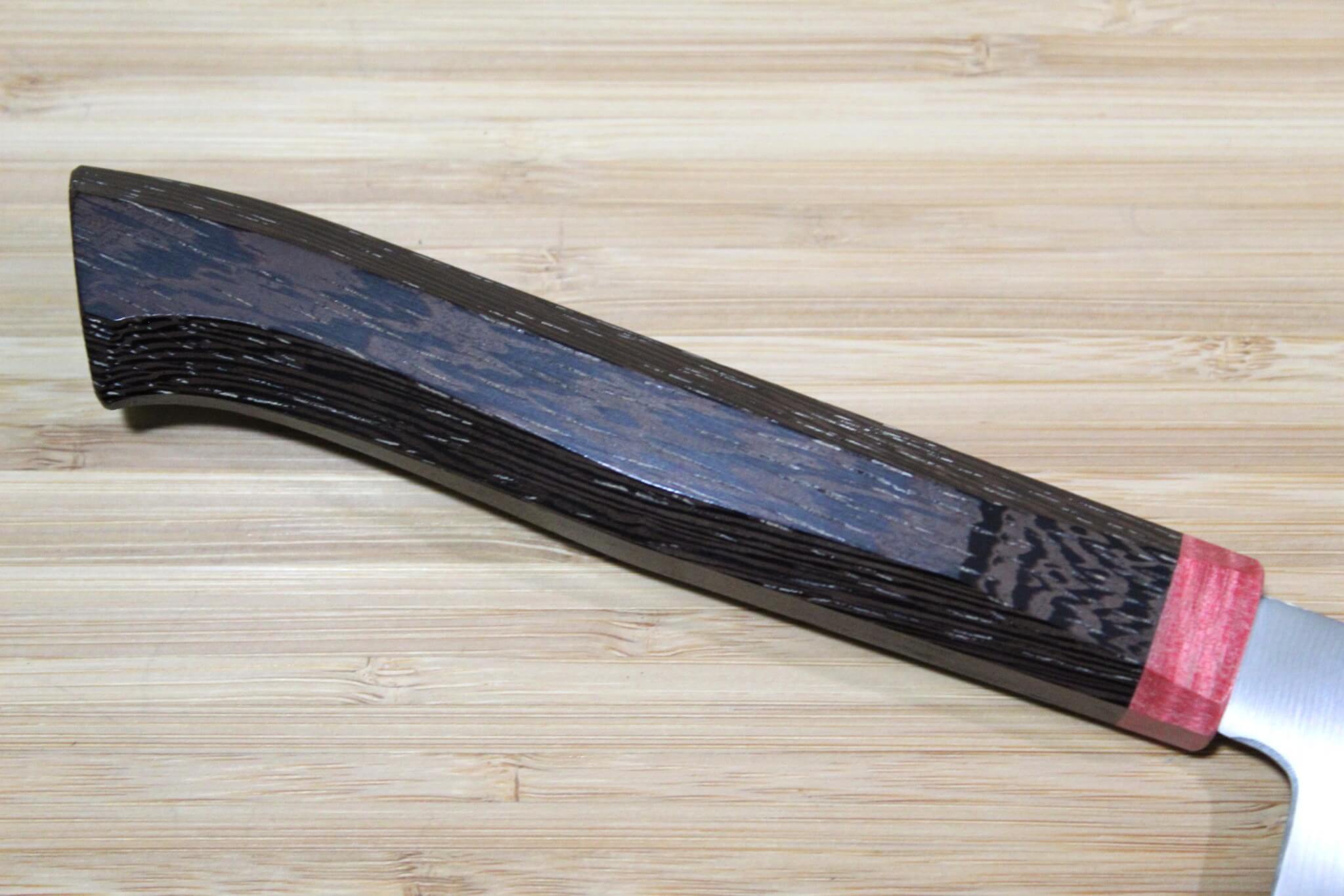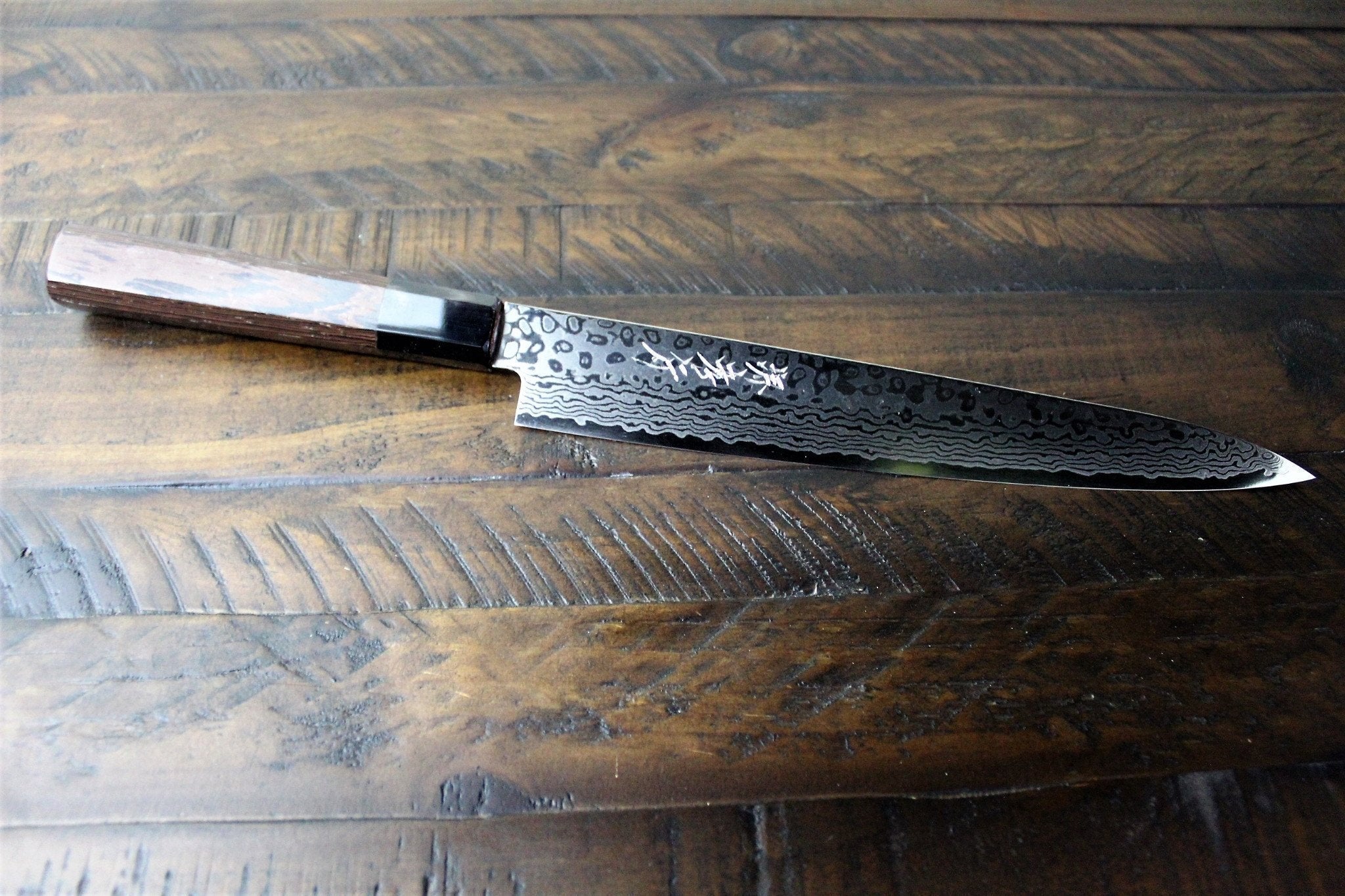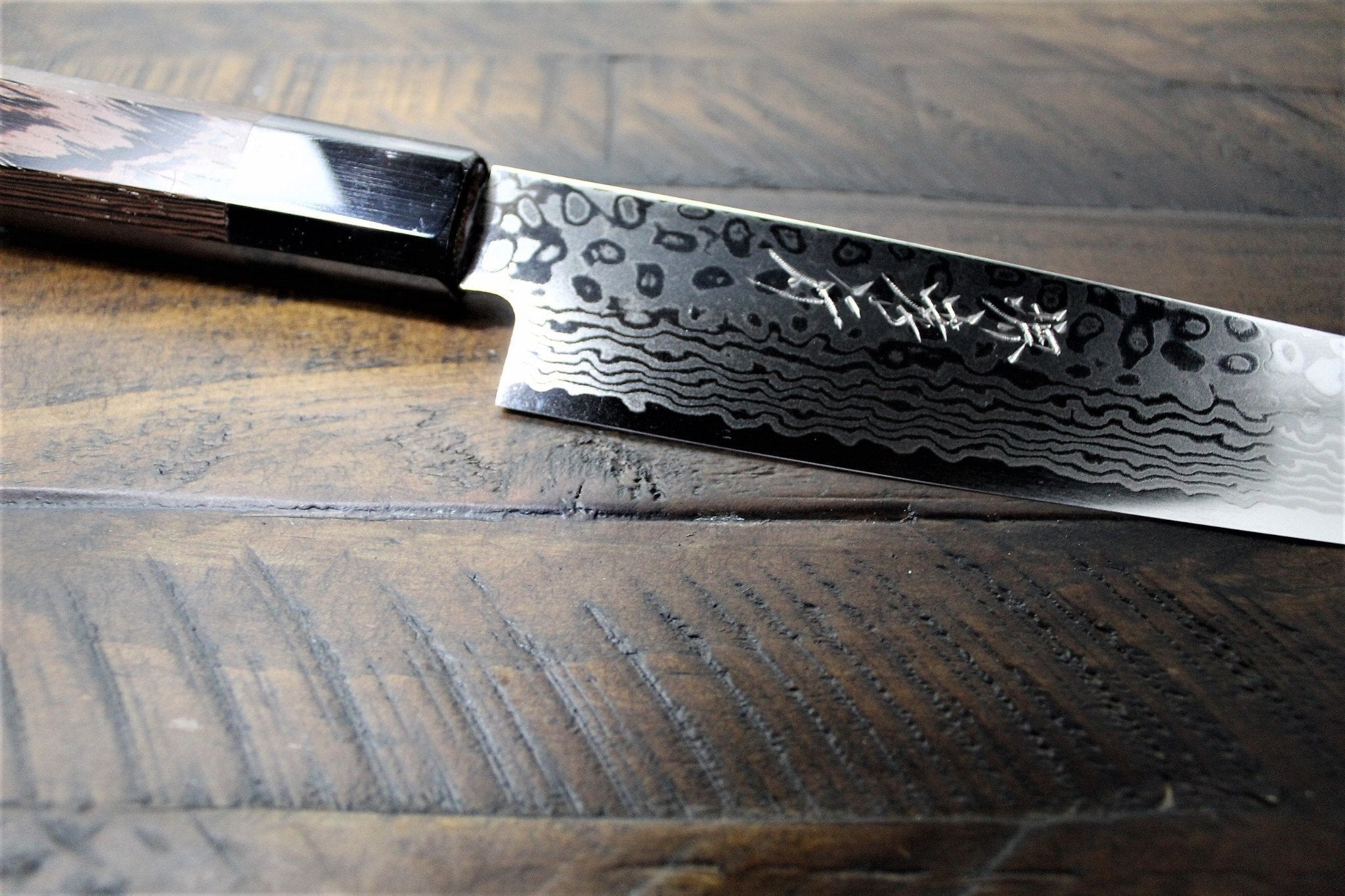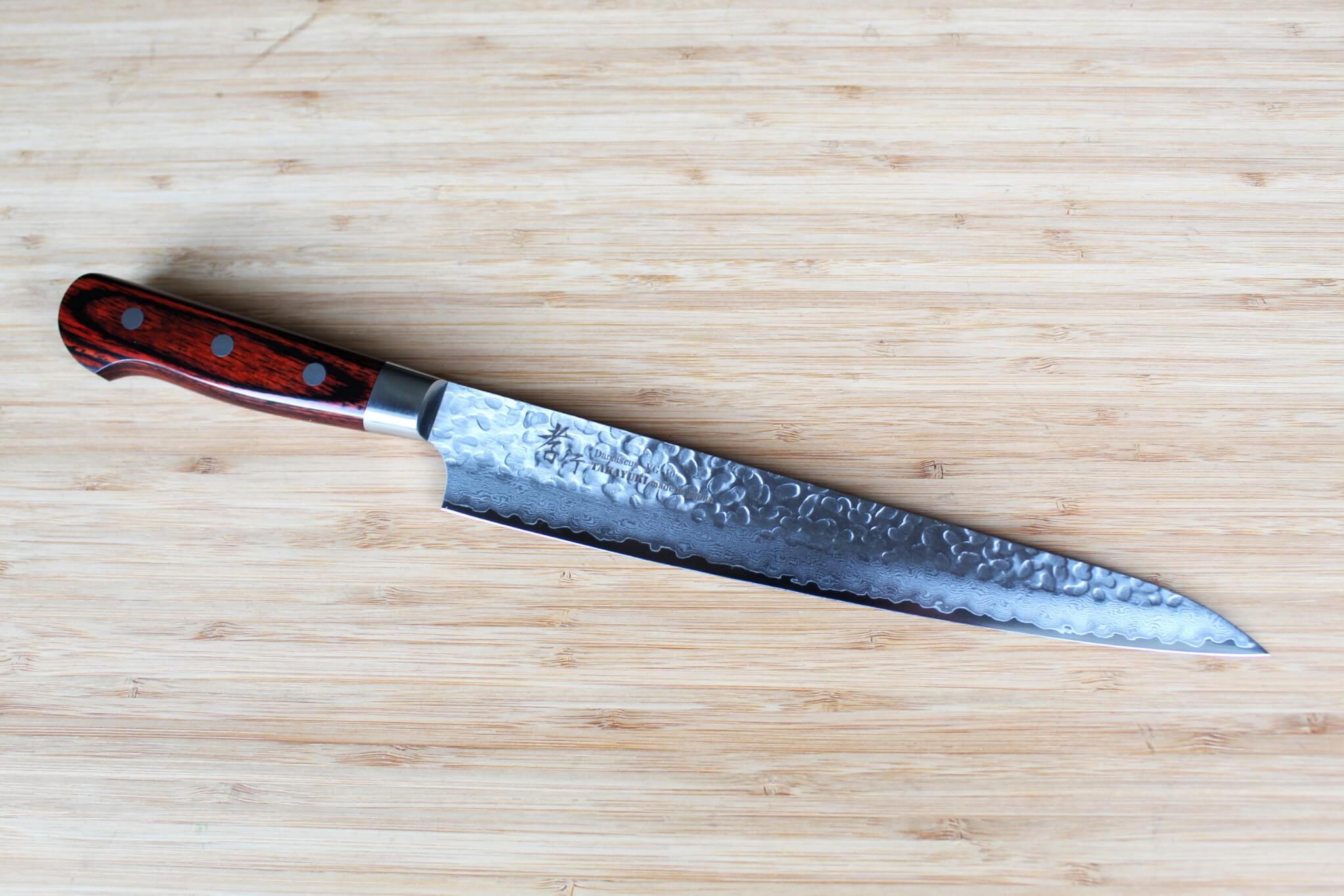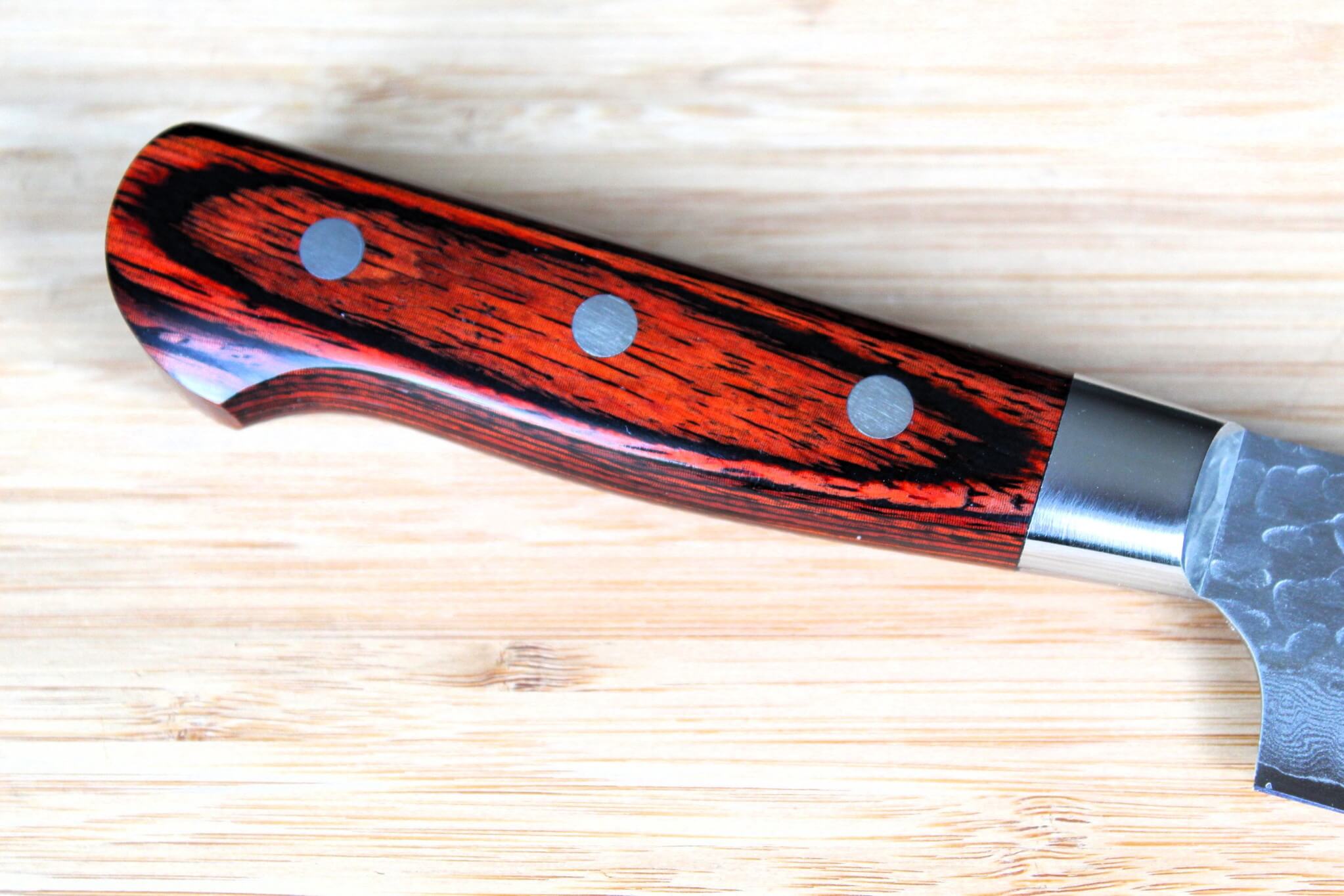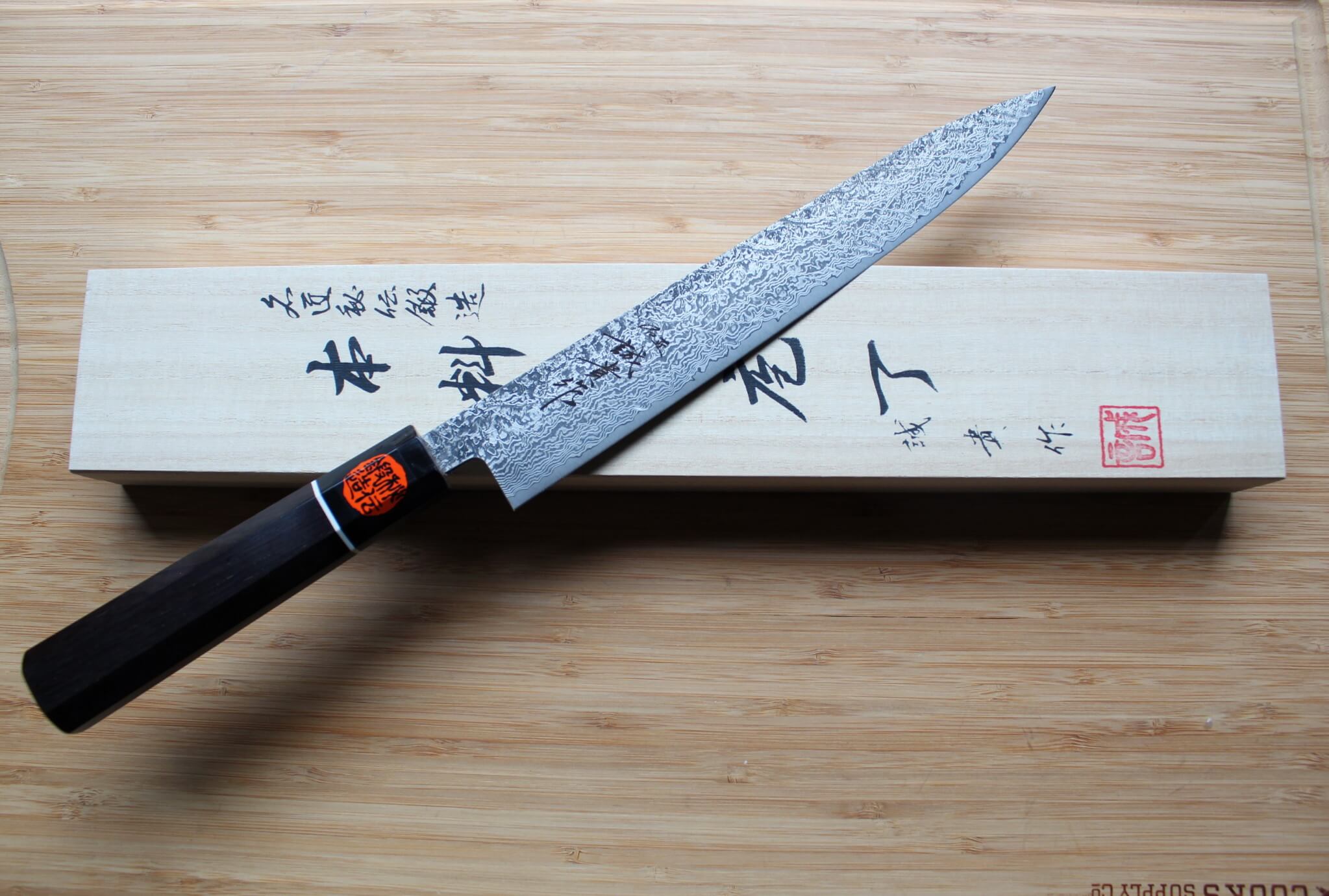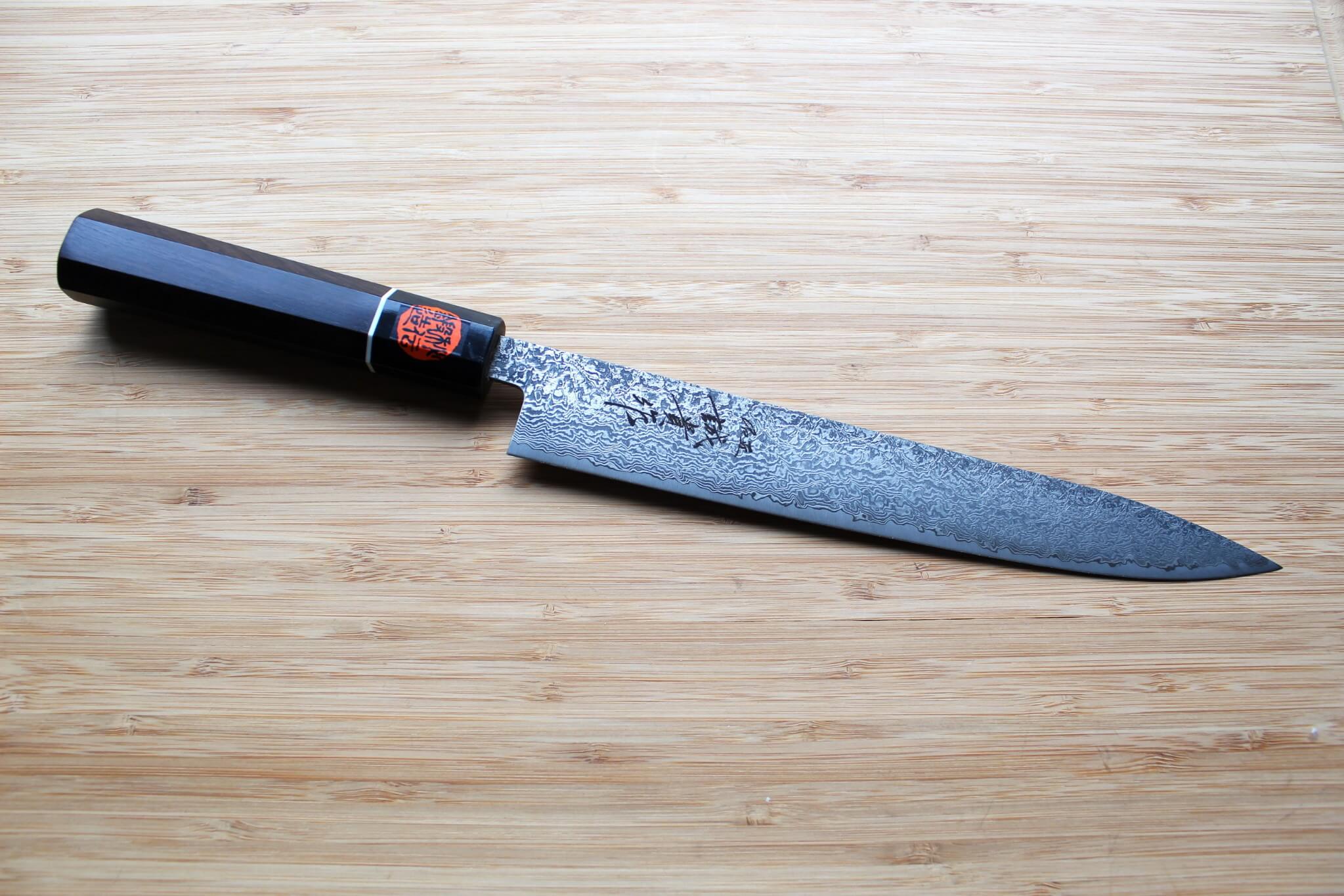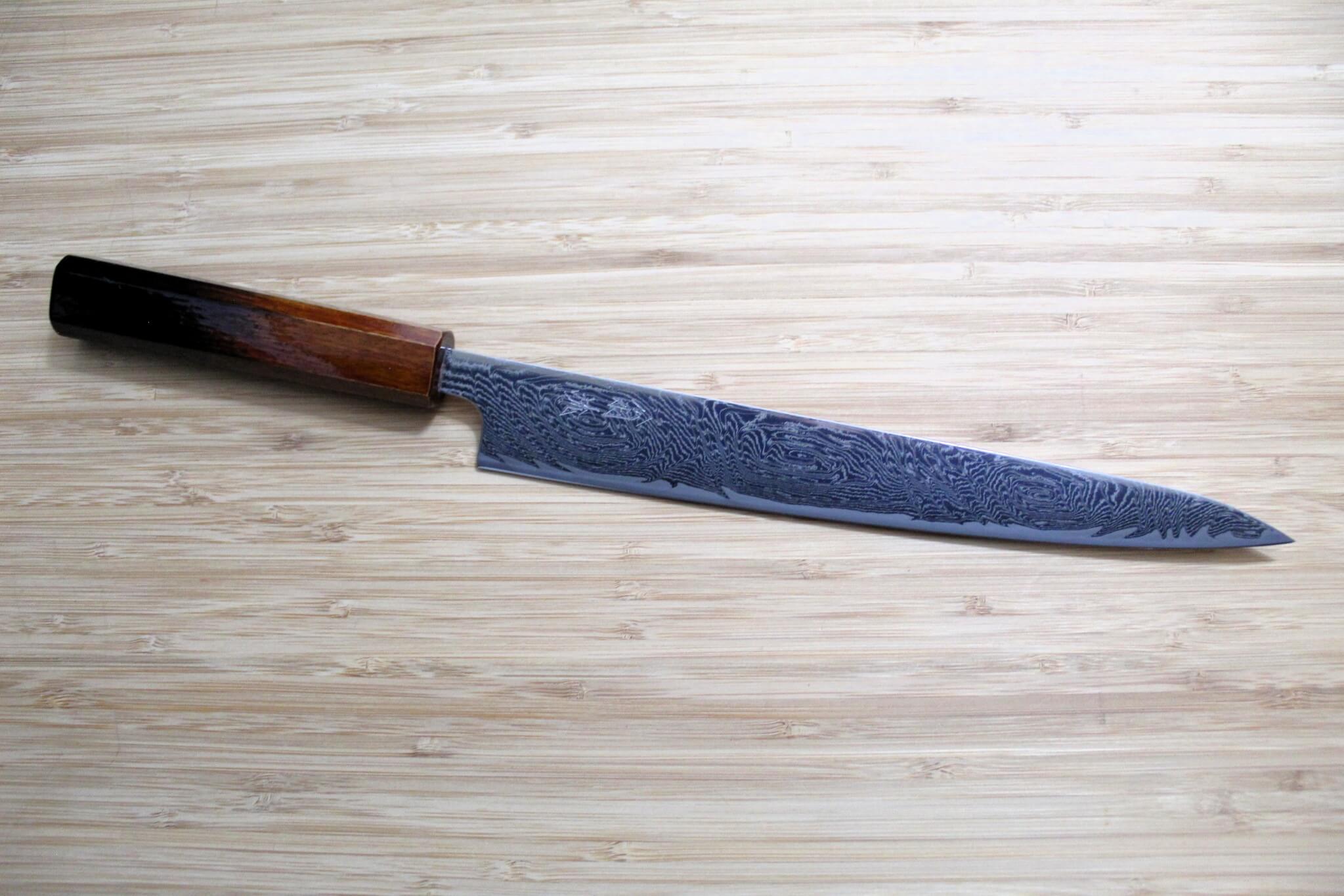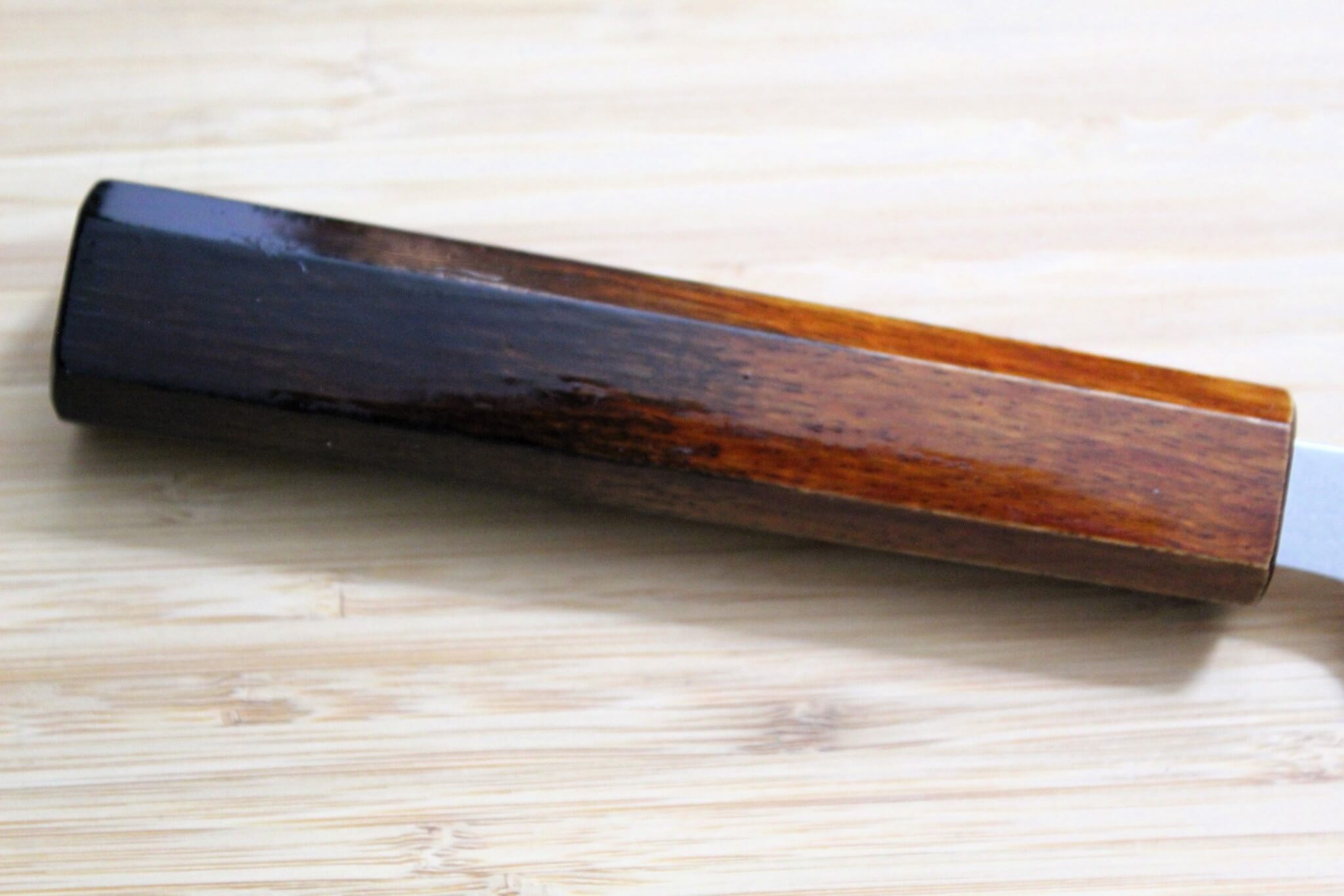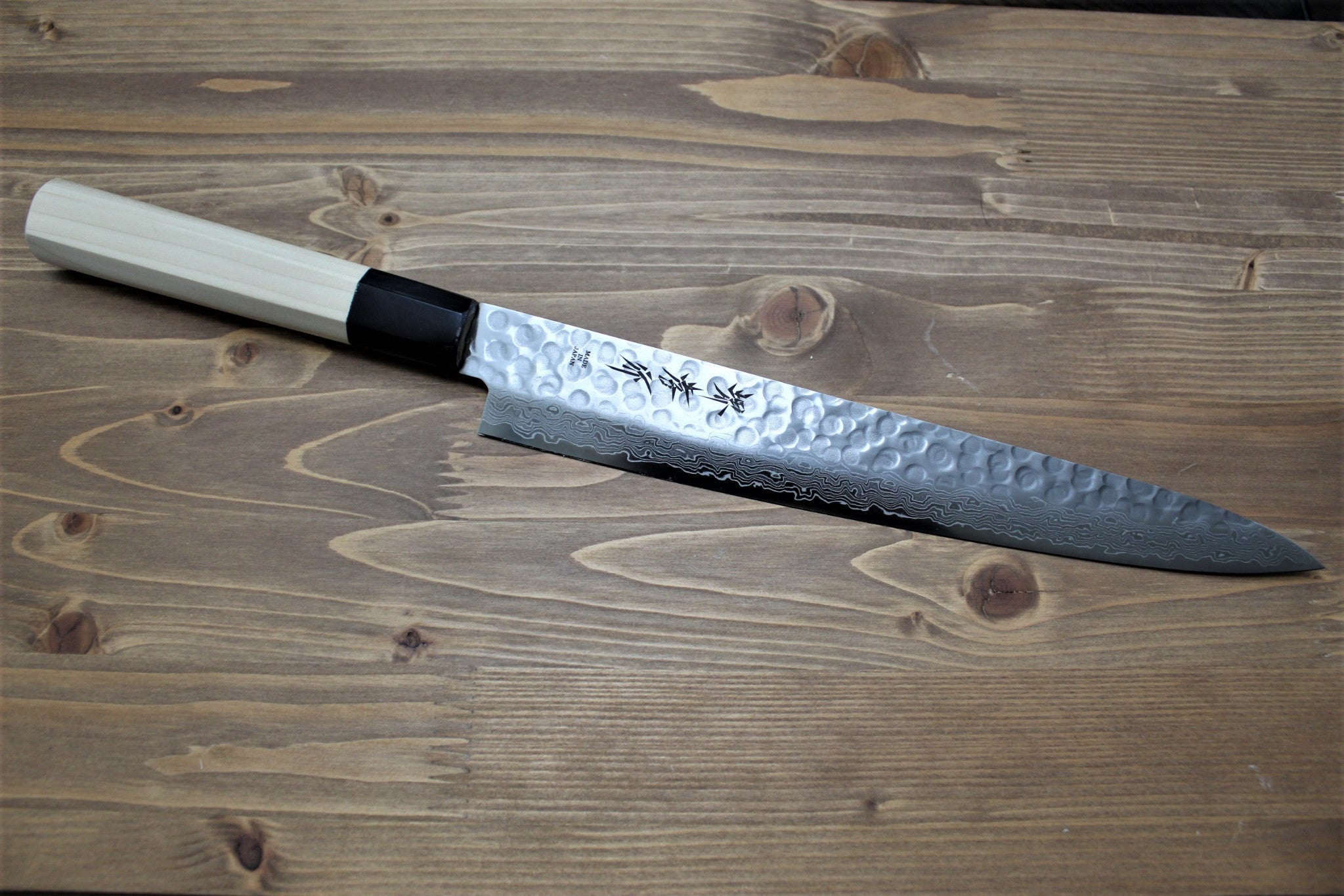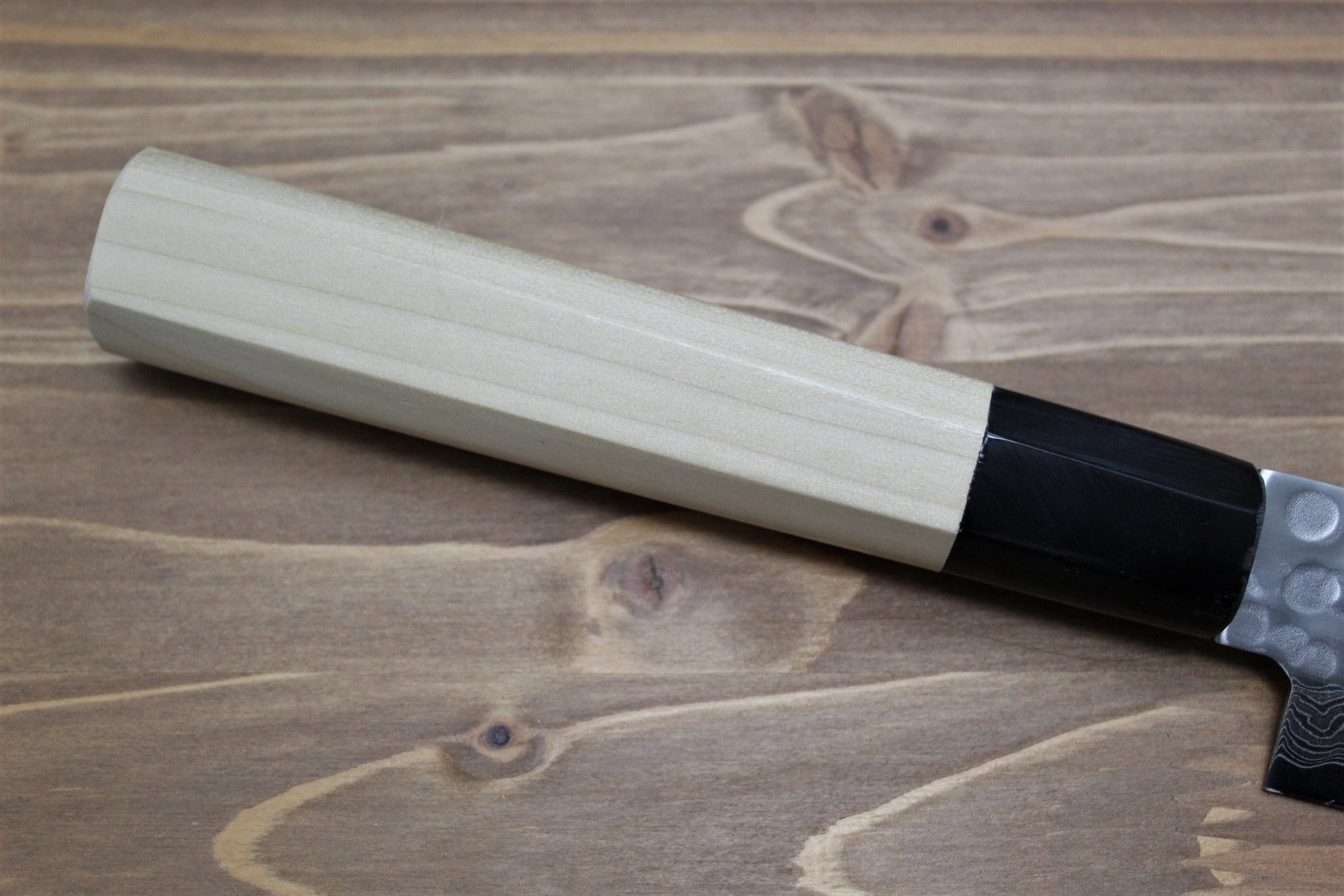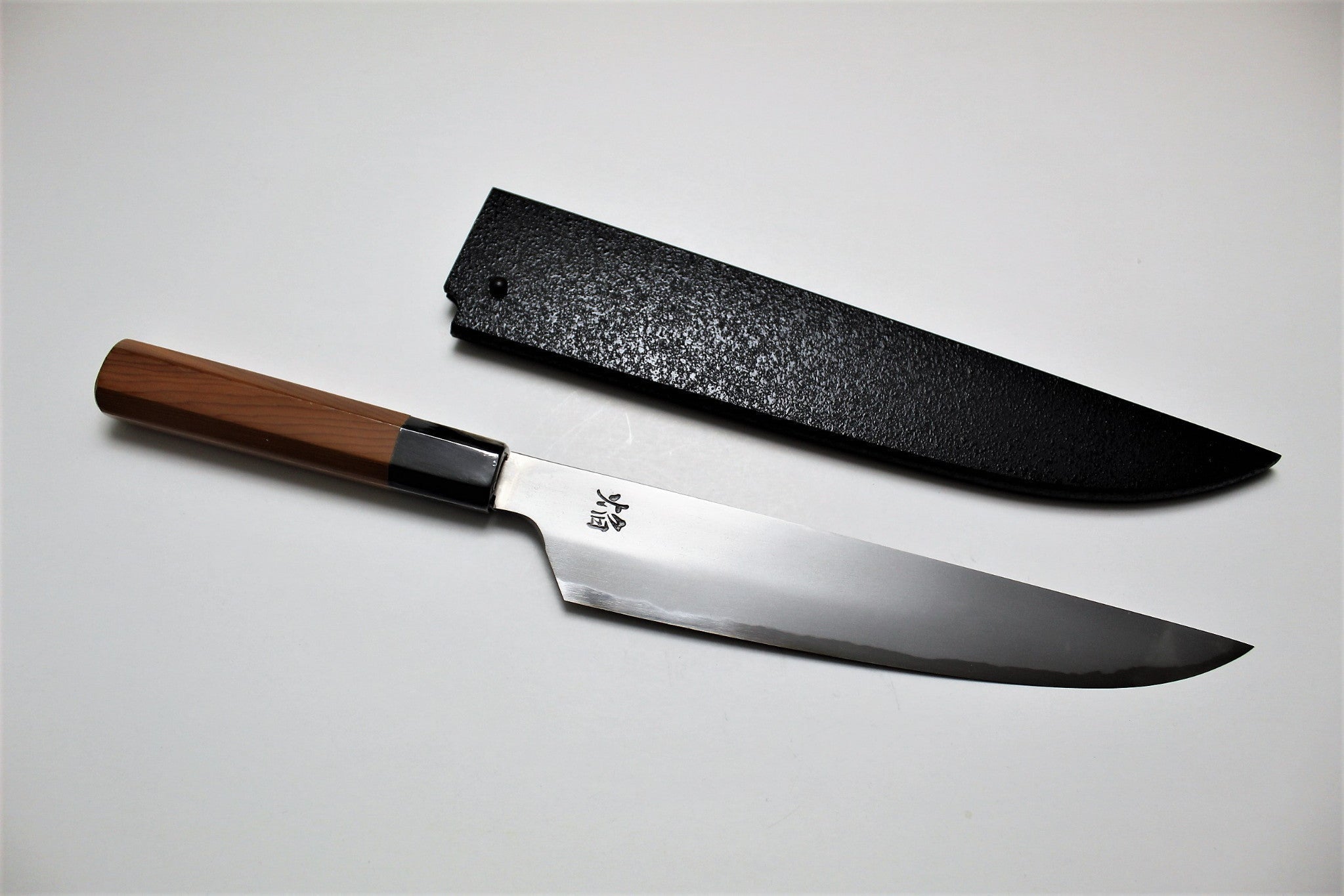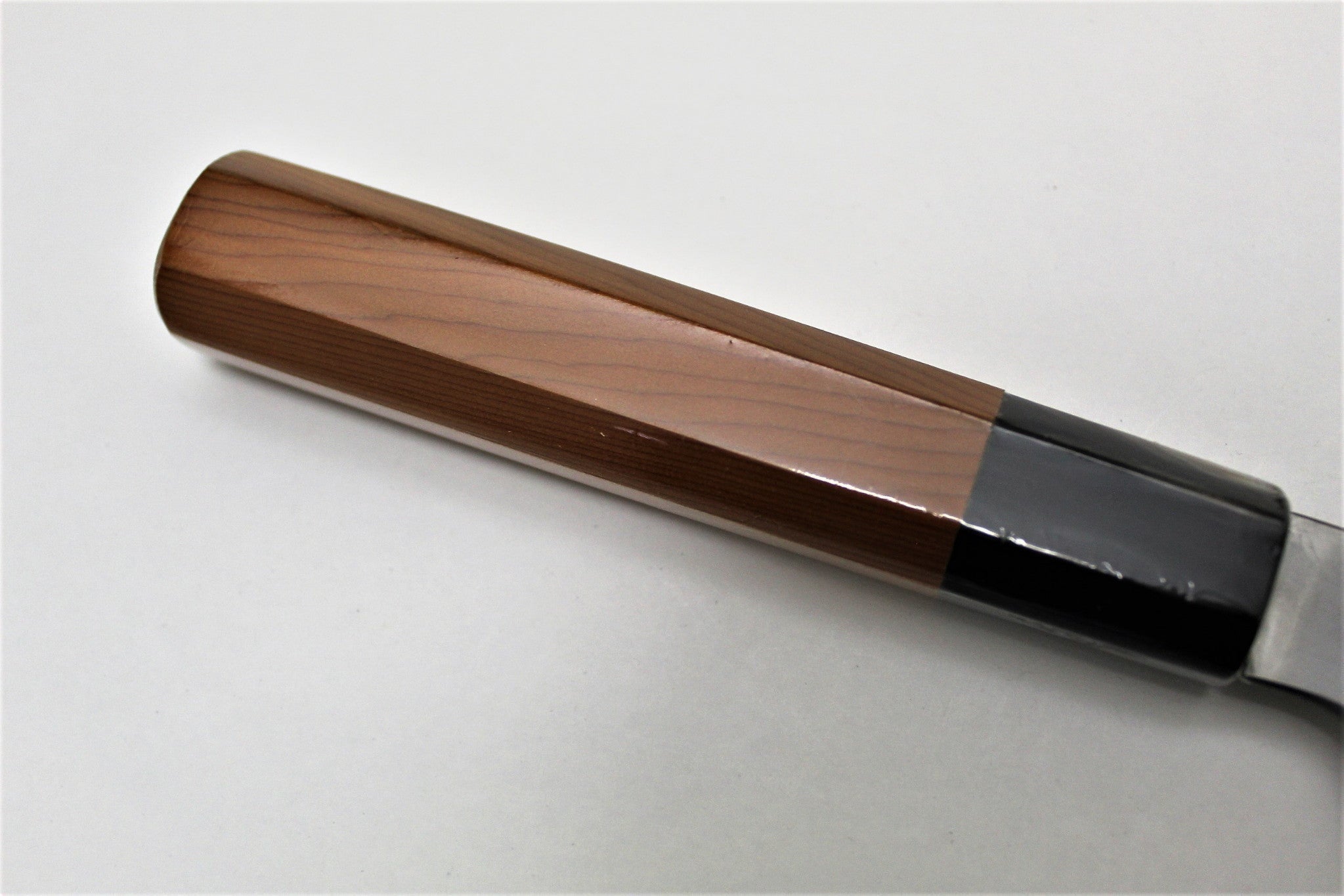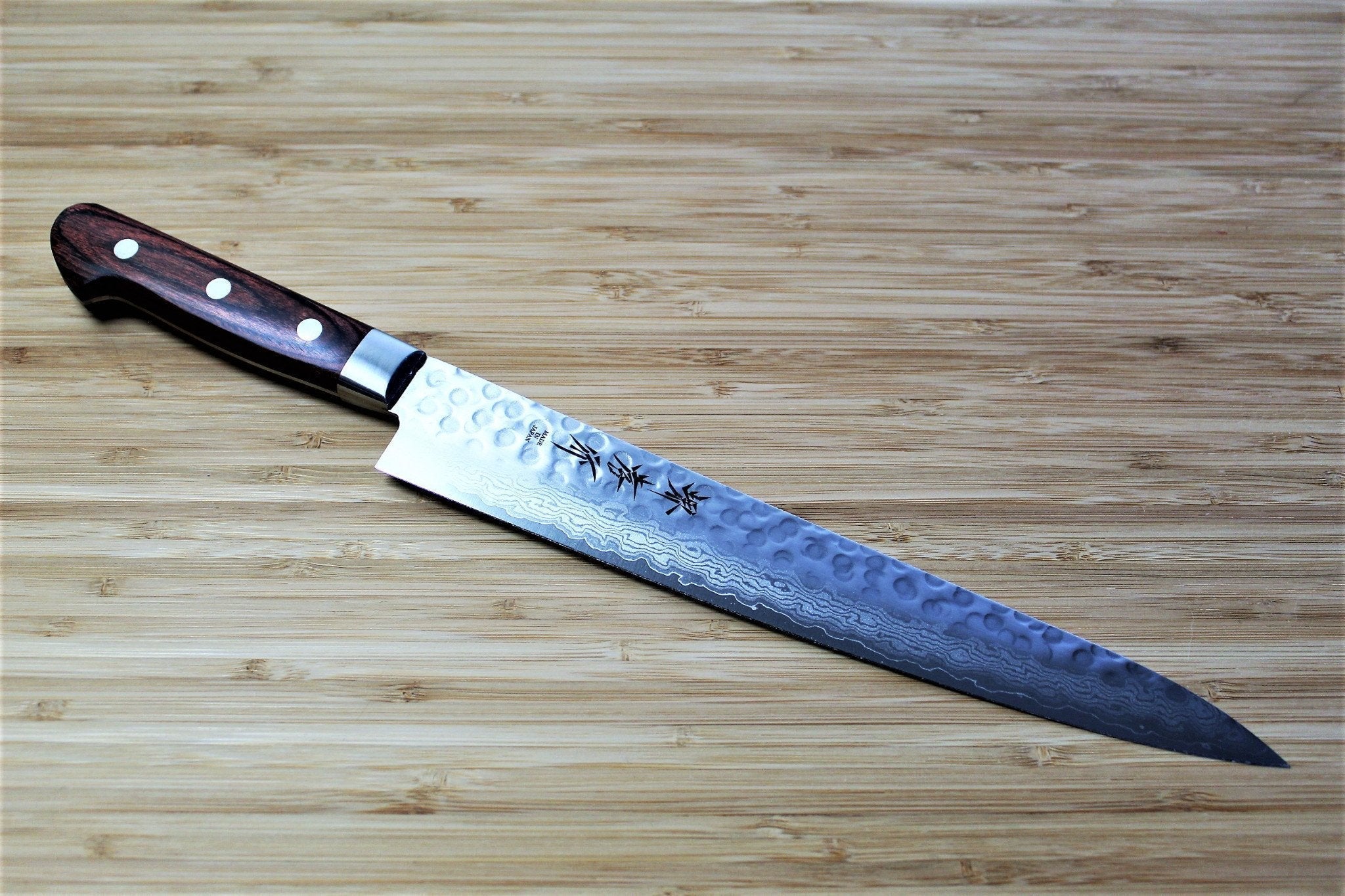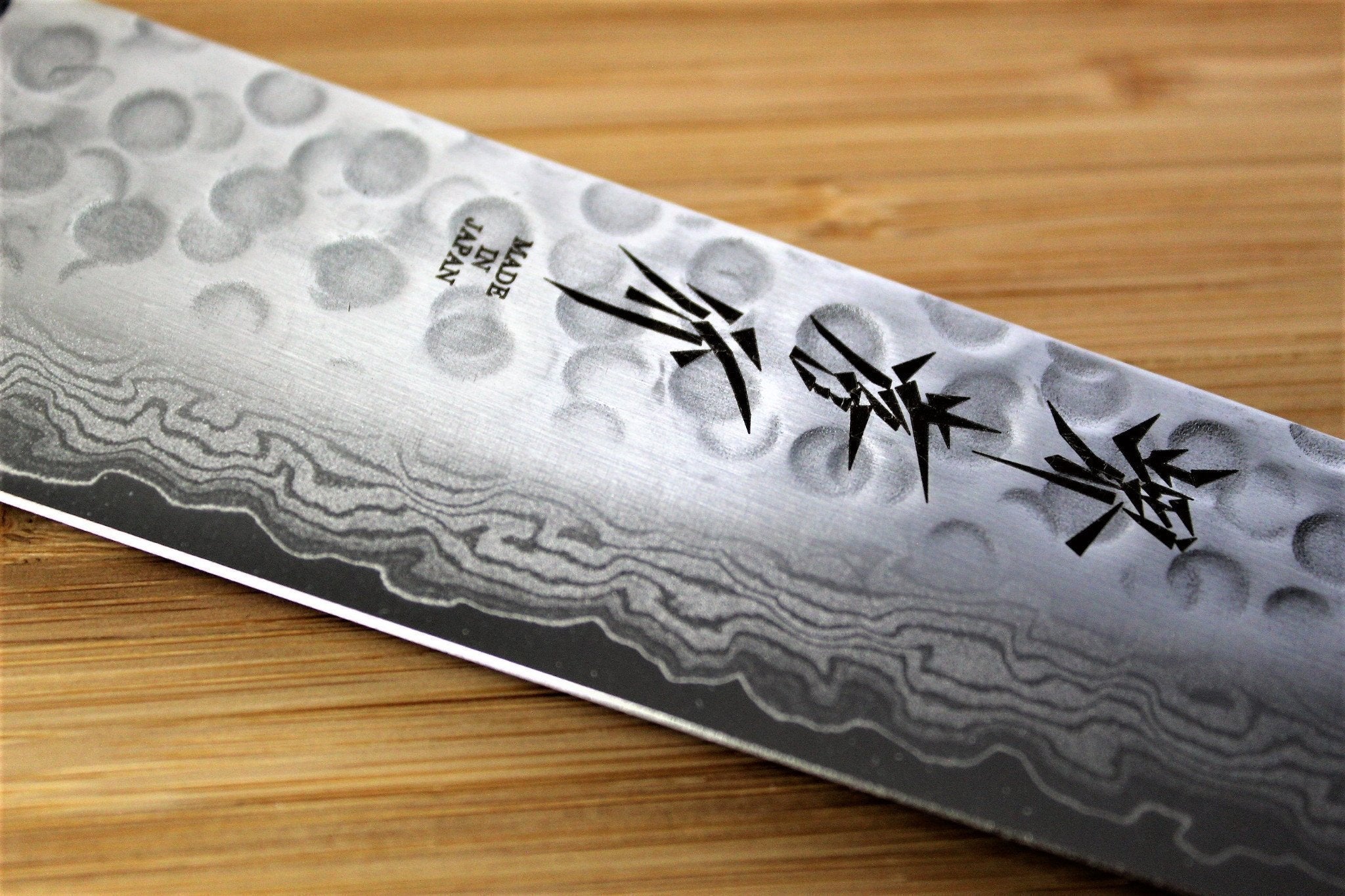Filters
History of the Sujihiki Knife
In Japanese, Sujihiki translates to “muscle cutter.” It likely originated in Japan during the Meiji era (1868-1912), along with a number of other knife designs.
The Sujihiki is the Japanese answer to a Western-style carving knife. Indeed, it is perfect for slicing through brisket and other similar cuts of meat. Today, you’re likely to find a Sujihiki knife in many professional kitchens. As a beautifully designed, versatile blade, it makes an excellent, useful addition to any home cook enthusiast’s or professional chef’s knife set.
Explore Quality Japanese Craftsmanship at Hasu-Seizo
Traditional knifemaking is a treasured art in Japanese culture. Bladesmiths train for decades to master the skills that their predecessors excelled at centuries ago. However, Japanese craftsmanship is also characterized by its ability to adapt and enhance the best of international influences to create a peerless product. The Sujihiki, inspired by Western-style carving knives, is an excellent example of that.
Explore the work of venerated knifemakers from across Japan, including Kaneshige Hamono, Sawakazuma, Misuzu Hamono, as well as that of Sakai Takayuki, our family brand. Choose from a range of knife styles, including Yanagiba, Gyuto, Sanotku, Deba, Nakiri, and more to add to your collection.
History of the Sujihiki Knife
In Japanese, Sujihiki translates to “muscle cutter.” It likely originated in Japan during the Meiji era (1868-1912), along with a number of other knife designs.
The Sujihiki is the Japanese answer to a Western-style carving knife. Indeed, it is perfect for slicing through brisket and other similar cuts of meat. Today, you’re likely to find a Sujihiki knife in many professional kitchens. As a beautifully designed, versatile blade, it makes an excellent, useful addition to any home cook enthusiast’s or professional chef’s knife set.
Explore Quality Japanese Craftsmanship at Hasu-Seizo
Traditional knifemaking is a treasured art in Japanese culture. Bladesmiths train for decades to master the skills that their predecessors excelled at centuries ago. However, Japanese craftsmanship is also characterized by its ability to adapt. . . Show More >

